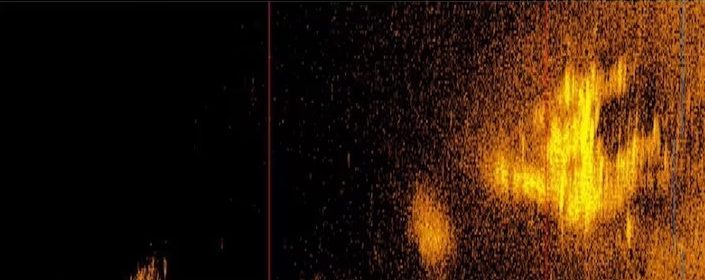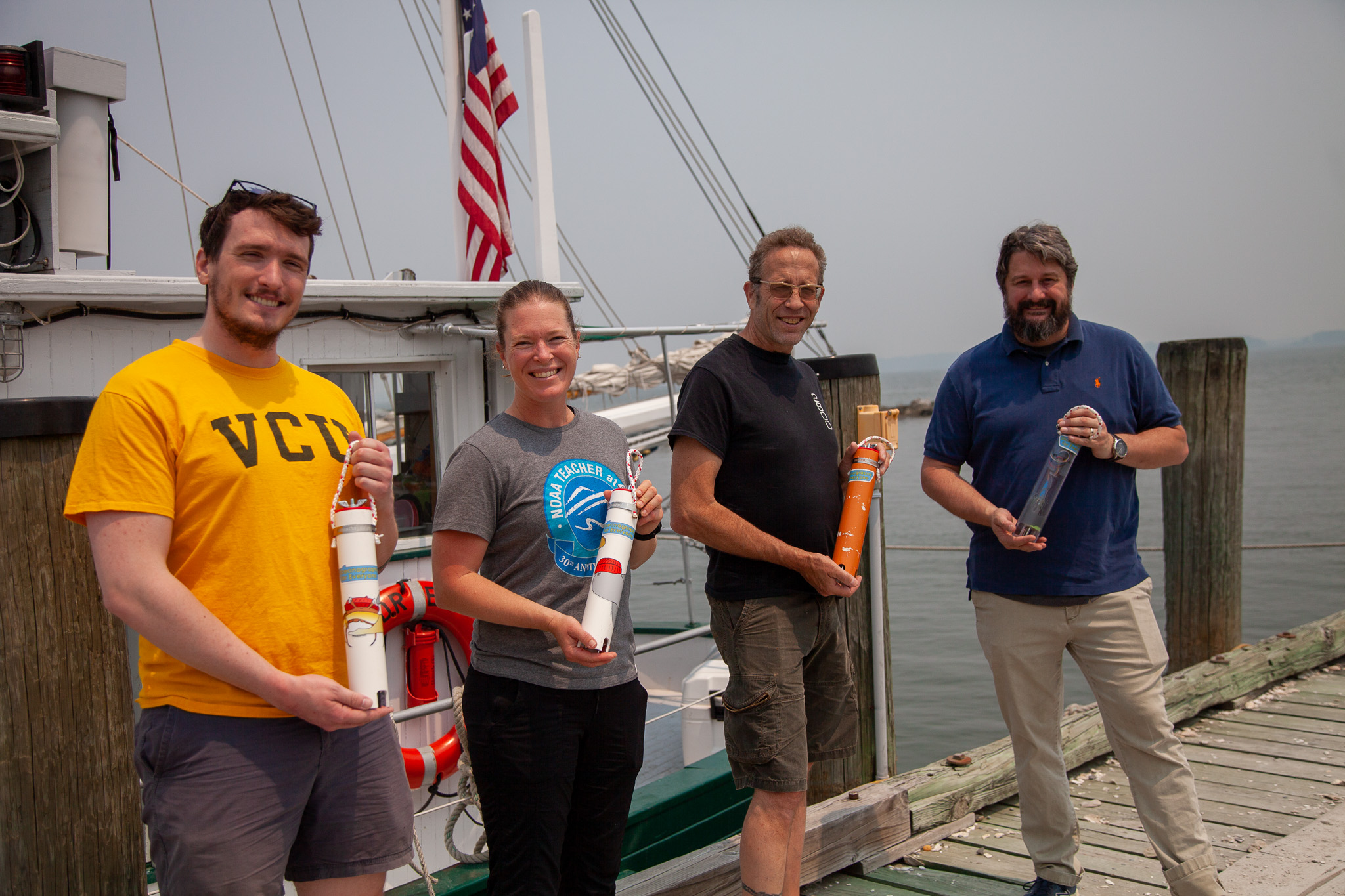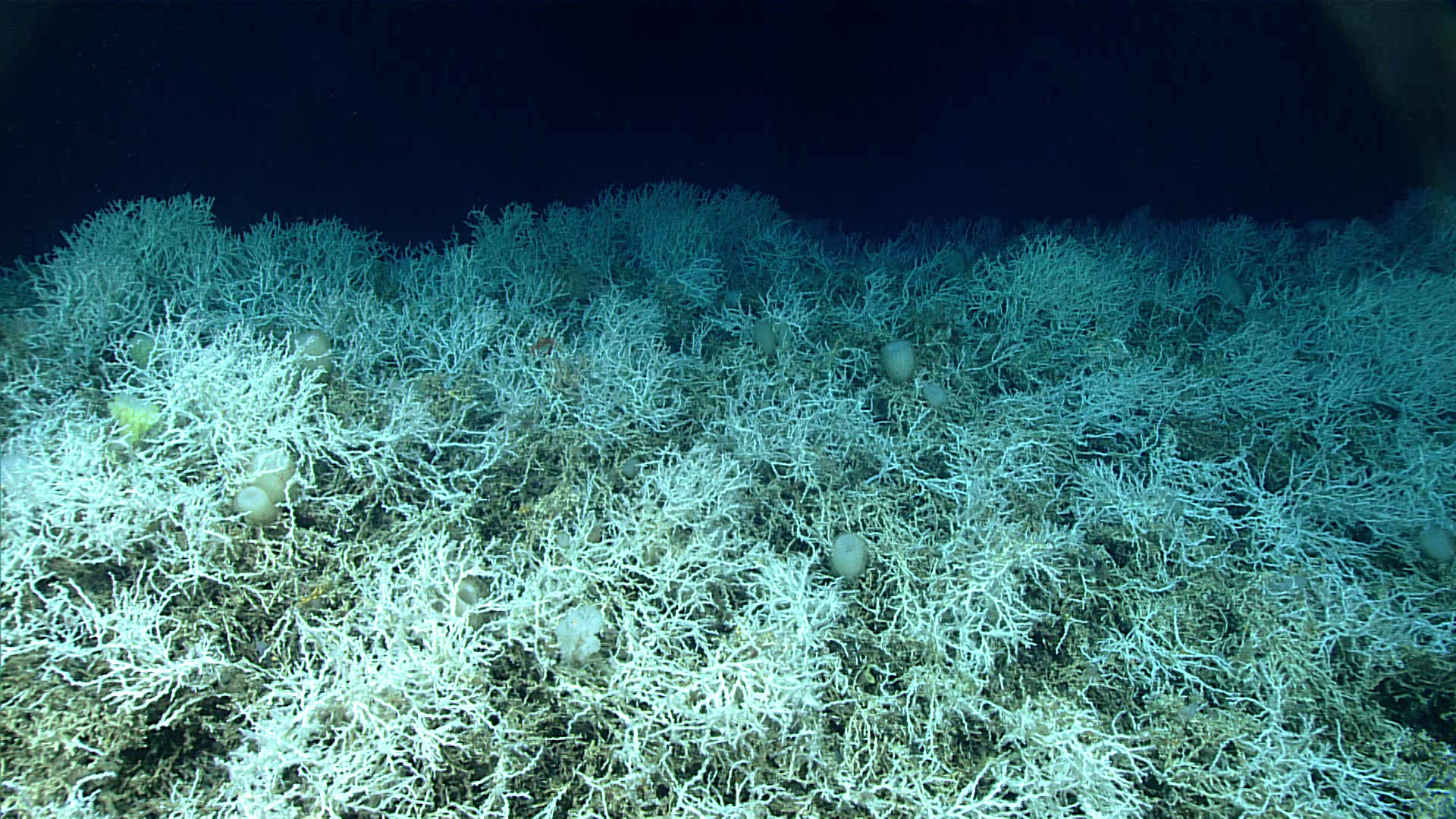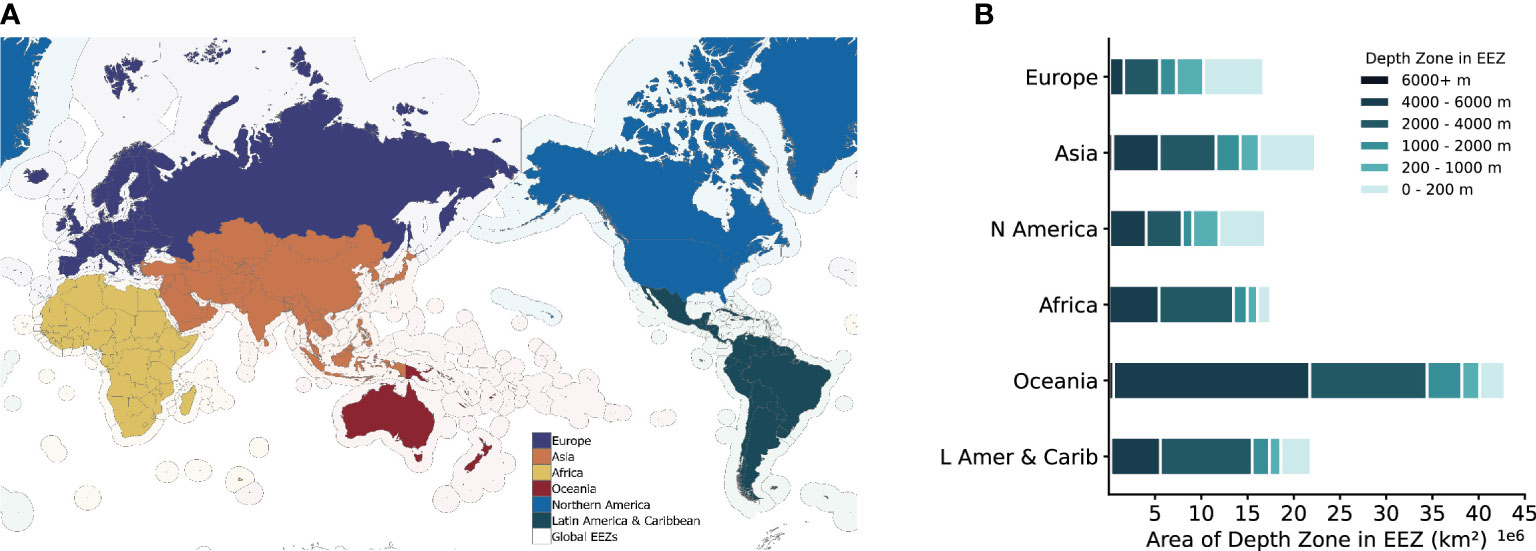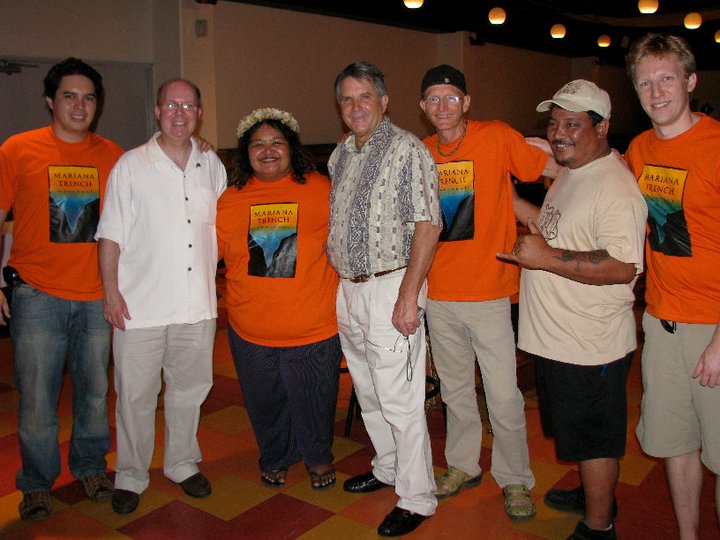Happy Shark Week (if you celebrate), and I’m so excited to share our newly published open access paper about our research on juvenile great hammerheads (Sphyrna mokarran) with you! (It’s been hard to keep this one to ourselves).
Great hammerheads are an iconic shark species which have undergone significant population declines globally. In 2019, they were assessed as Critically Endangered by the IUCN Red List, which reported overfishing as the greatest threat to their survival. Great hammerheads are known to make incredible long-range migrations and cross state and international boundaries, making them challenging to protect as adults. Little is known about where they are born or where they spend their early years of their life, although there have been scattered reports of juveniles from the Gulf of Mexico, the Florida Keys, and one report from Georgia.
Identifying habitats that are important to juvenile sharks matters because young sharks are often the most vulnerable individuals in a population, and their survival is vital to the future of their species. Many juvenile sharks spend time in “nursery areas”—places where they are less likely to be eaten by predators, or where food resources are abundant. They then expand their ranges as they age, covering more distance as they grow larger. Identifying nurseries has long been a conservation priority for managers and scientists. After several years of research, our team has collected the first scientific evidence of a nursery area for great hammerhead sharks on the Atlantic coast of the United States—within sight of the skyline of Miami, Florida.
There’s a three-part established test for an area to be identified as a shark nursery: 1) Juvenile sharks are more commonly encountered in that habitat than elsewhere; 2) they remain in the area for extended periods; and 3) The area is used repeatedly over years. Our results demonstrate that this area definitely meets two of these criteria, with preliminary evidence that it also meets the third. We’ve found the same habitat may be a nursery area for several other shark species too, including scalloped hammerheads, another Critically Endangered species!
